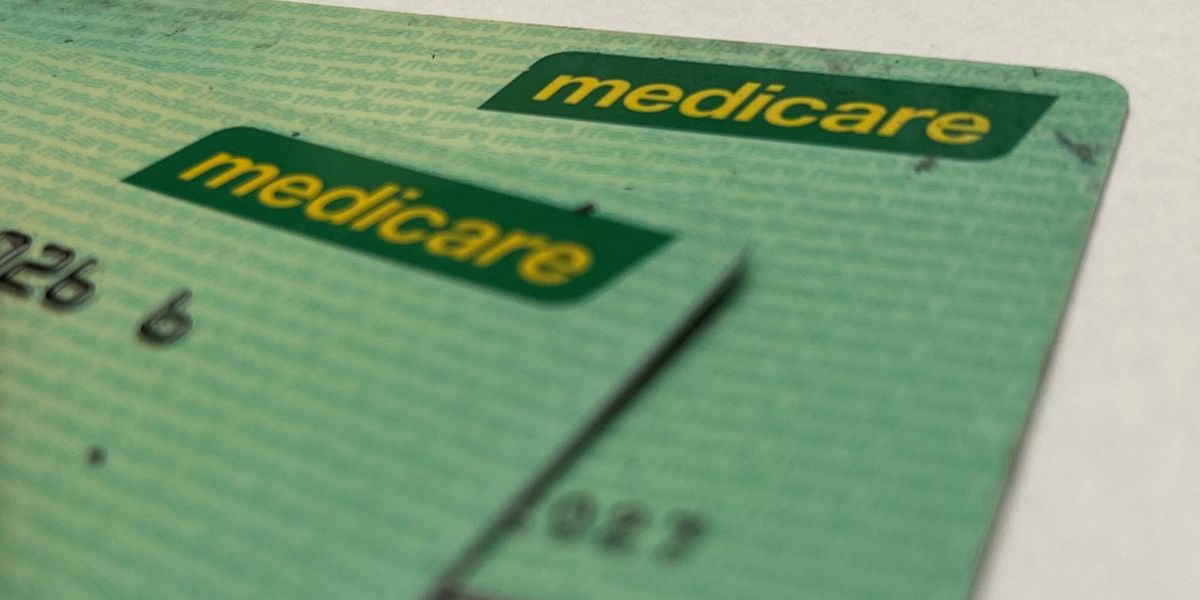Making it cheaper to see a doctor is expected to feature prominently in Labor’s election pitch, with the federal health minister committed to strengthening Medicare before the upcoming campaign.
“There’s more we want to do to deliver – more doctors, more bulk-billing and more urgent care,” Health Minister Mark Butler.
Voters are due to head to the polls by May at the latest, with political campaigning expected to kick into gear in coming months.
Responding to speculation the government is planning a boost to the bulk-billing incentive paid to GPs, more urgent care clinics, and other changes to the public healthcare system, Mr Butler said he had no new announcements to make yet.
“But the Australian people can be very, very assured that the Labor government will always do what it can to strengthen Medicare,” he said.
The New England Times recently reported on New Englanders being driven to emergency rooms due to the lack of GPs in the region, an election promise many want to see on the agenda.
In 2023, Labor committed $3.5 billion towards bulk-billing incentives, making healthcare more affordable for children under 16, pensioners and other concession card holders.
Australian Medical Association vice president Associate Professor Julian Rait said the funding injection was helping but more could be done to lower costs and improve access for the rest of the population.
“Because obviously those bulk-billing incentives are targeted to, quite rightly, lower income earners,” he said.
“But also we need to think about the structure of the Medicare system overall, and how best we can improve affordability for everybody,” he said.
Prof Rait backed strengthening rebates provided to GPs, particularly for longer consultations.
Alternatively, the association supports some form of block funding to make it easier to manage patients with chronic illnesses and other time-consuming conditions.
Mr Butler said there would always be a fees-for-service element to Medicare but he was in favour of a blended model that includes general or bundled payments as well.
Swinburne University of Technology public health scientist Evie Kendal said the cost of visiting the doctor was part of the problem but access was another pain point.
“The cost of going to the doctor is one thing that might stop you from going, particularly if you’re also taking time off work to get there, that might cost you again,” Dr Kendal said.
“But again, if it’s that you can’t even get an appointment this week, then that’s another problem altogether,” she added.
She recommended a focus on training and development to bring more GPs and healthcare professionals into the field.
Dr Kendal said the federal election posed an opportunity to pressure the government on healthcare issues but urged politicians not to use Medicare reform to “score points”.
“We don’t want our healthcare to be treated as if it is something that can be bounced back and forth for political gain,” she said.
The federal opposition has accused Labor of attempting to reheat the infamous “Mediscare” campaign.
Opposition health spokeswoman Anne Ruston said Labor was “playing politics” and the coalition “always has, and always will, invest in Medicare”.
Mr Butler took aim at the opposition leader’s track record on healthcare policy rather than any present-day coalition policy.
“Well, you just have to look at Peter Dutton’s record as health minister, which, frankly, is pretty scary,” Mr Butler said.
Don’t miss any of the important stories from around the region. Subscribe to our email list.


